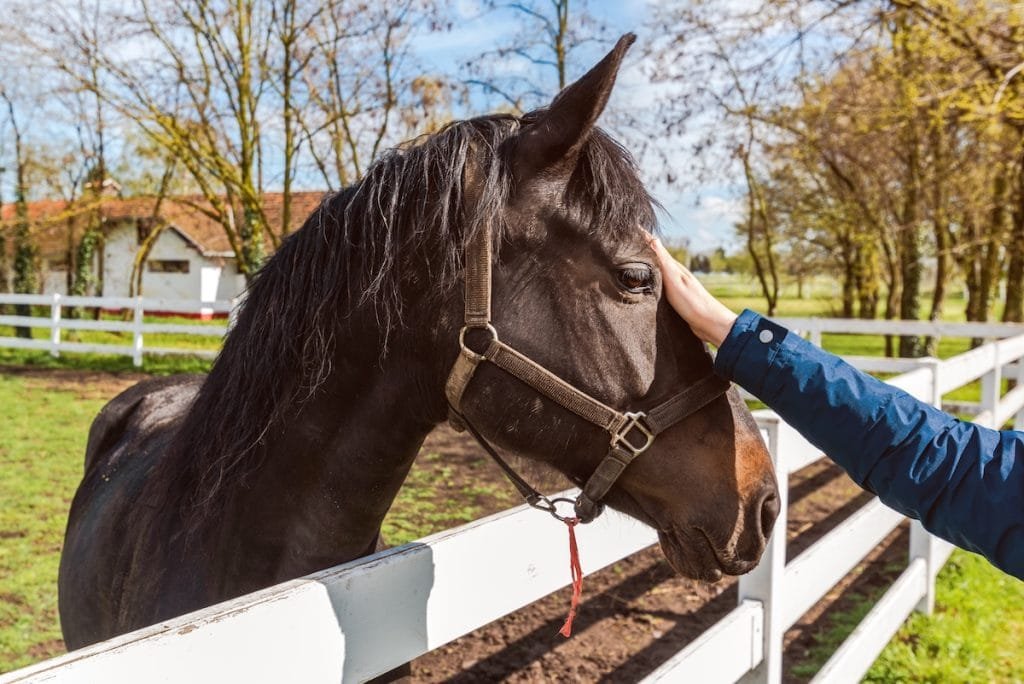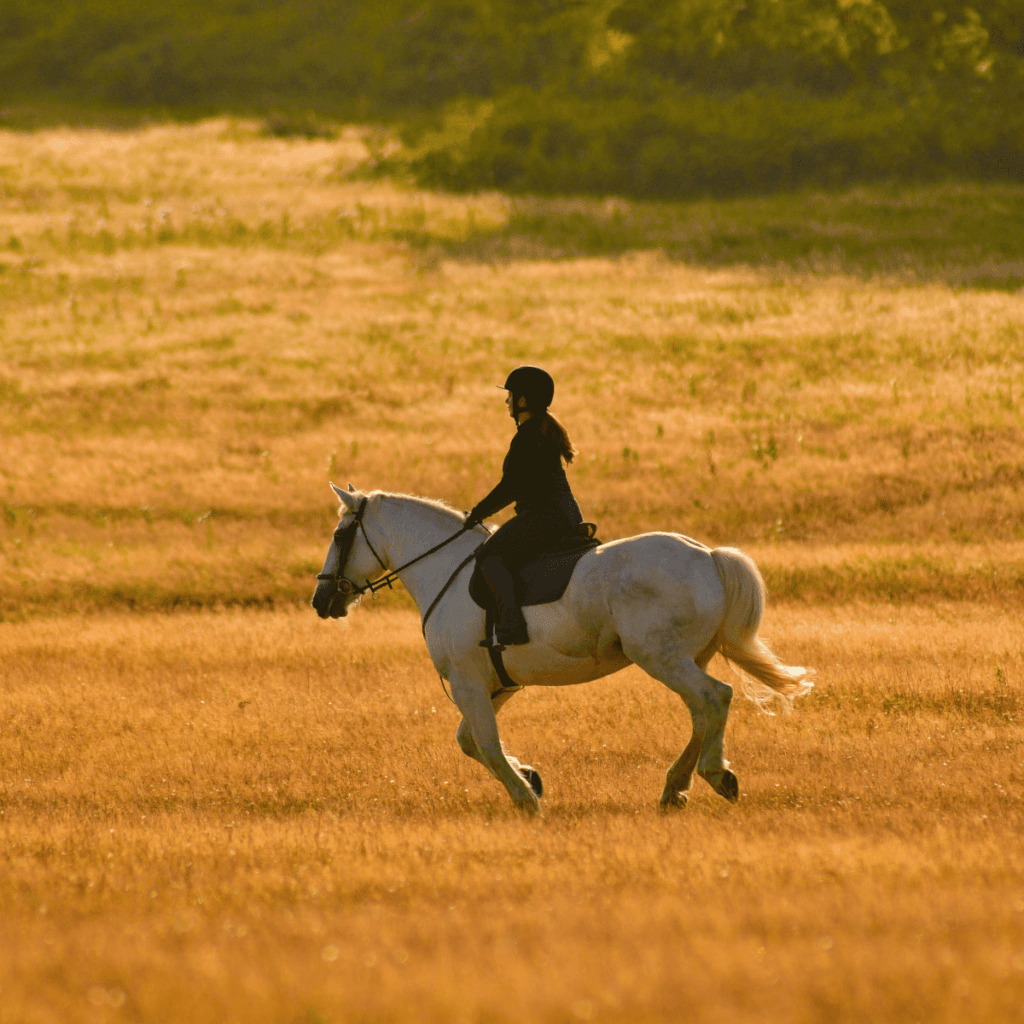Interacting with horses in a way that ensures safety for both you and the horse.
Horses are incredible animals strong, graceful, and intelligent. Whether you’re an experienced rider or just someone who occasionally encounters horses, it’s important to be “Horse Aware.” This means understanding how to stay safe and show respect when around these magnificent creatures.
Being Horse Aware Matters
Horses, despite their calm appearance, can react quickly and unpredictably. They are prey animals with a strong flight response, meaning they might startle and run away if they feel threatened. Being aware of their behavior and knowing how to approach them safely can prevent accidents and help build a positive relationship with these animals.
Understanding Horse Behavior
- Read Their Body Language: Horses communicate through their body language. Paying attention to their ears, tail, and overall posture can tell you a lot about how they’re feeling. For instance:
- Ears Forward: The horse is interested or curious.
- Ears Back: The horse might be annoyed or scared.
- Tail Swishing: Could indicate irritation or discomfort.
- Respect Their Personal Space: Horses have a personal space bubble. If you get too close, they might feel threatened. Always approach a horse calmly and from the side, where they can see you. Avoid sudden movements or loud noises that might startle them.
Staying Safe Around Horses
- Approach Calmly and Slowly: When you need to approach a horse, do so slowly and from the front or side. This allows the horse to see you coming and doesn’t startle it. Moving slowly also helps you gauge the horse’s mood and respond appropriately.
- Use Proper Equipment: Whether you’re riding or handling a horse, using the right equipment is crucial. Ensure that saddles, bridles, and other gear fit properly and are in good condition. Always wear safety gear like helmets and gloves when riding.
- Watch Your Surroundings: Horses can be easily spooked by things like loud noises, sudden movements, or even unfamiliar objects. If you’re near horses, be aware of your surroundings. Keep vehicles, dogs, and other potential distractions at a safe distance.
- Handle with Care: When leading or handling a horse, use a gentle touch. Avoid yanking on the reins or leading the horse roughly. Instead, be calm and reassuring. This helps build trust and makes the horse more comfortable around you.

Tips for Interacting with Horses
- Speak Softly: Horses respond better to a calm and quiet voice. Yelling or making loud noises can alarm them. When interacting with a horse, use a soft and soothing tone to make them feel at ease.
- Learn Basic Commands: Knowing some basic horse commands can be very helpful. Commands like “walk,” “trot,” and “whoa” are useful for guiding the horse during riding or training. Familiarizing yourself with these commands makes interactions smoother and safer.
- Get Educated: If you’re new to horses or want to improve your skills, consider taking lessons or attending workshops. Learning from experienced trainers can provide valuable insights into horse behavior and proper handling techniques.
Promoting Horse Safety in Your Community
- Share Knowledge: Spread the word about horse safety and awareness. If you have friends or family who interact with horses, share these tips with them. The more people know about horse behavior and safety, the better everyone can interact with these animals.
- Support Horse Welfare: Many organizations work to ensure the well-being of horses. Consider supporting or volunteering with these groups. They often offer resources and training to promote safe and respectful interactions with horses.
- Advocate for Best Practices: Encourage safe practices in your community. Whether it’s proper riding techniques, appropriate equipment use, or respectful handling, advocating for best practices helps ensure that horses and people stay safe.
Being “Horse Aware” means understanding and respecting the unique needs of horses. By reading their body language, approaching them safely, and using proper equipment, you can enjoy positive and safe interactions with these wonderful animals. Educating yourself and others about horse safety not only protects everyone involved but also fosters a greater appreciation for these incredible creatures.Remember, horses have been our companions for centuries, and treating them with kindness and respect enhances our relationship with them. Whether you’re a rider, a handler, or just an observer, practicing awareness around horses ensures that every interaction is safe and enjoyable. So next time you’re near a horse, keep these tips in mind and always be Horse Aware!




